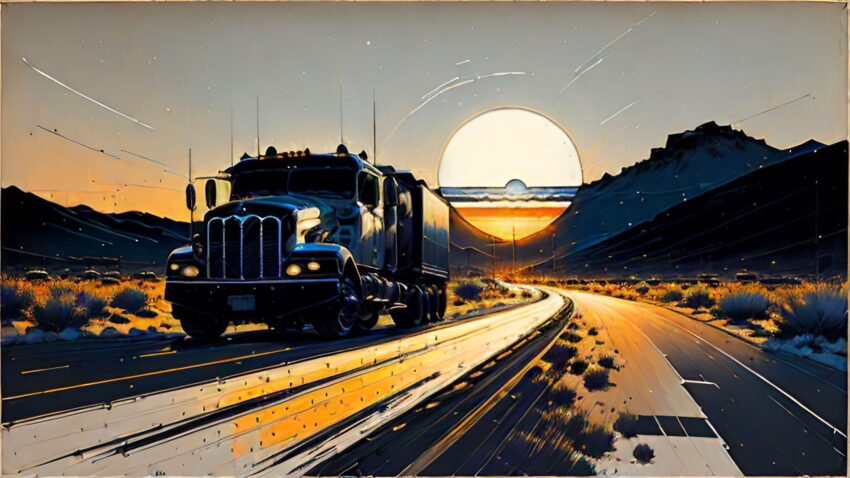From City to Civium: “The fourth industrial revolution really is at hand — but the WEF is completely wrong. They are correct in recognizing that a massive technical wave is sweeping across our economic landscape, but they make the mistake of thinking that the city (and its nature) is an invariant. As a result, they have found themselves imagining ’15 minute cities’ of the future. But when you realize that the city is no longer the center and investigate the technologies underlying the fourth industrial revolution with new eyes, you notice how perfectly many of these technologies support a highly distributed and highly local economy.”
Musk’s Digital Leviathan: “Even the weakest man, through cunning, can commit [murder]. The social contract and the modern state arise from the need to keep this chaotic potential in check. ‘No potentate or nepo baby can build walls high enough to fend off the murderous take.’ Far more than any other platform, Twitter facilitates, on a symbolic level, this capacity for murder, which the social order ordinarily attempts to suppress. The platform enables unrestricted access to every luxurious rural palais, every prime beach property, and the most exclusive of inner-city lofts; no potentate or nepo baby can build walls high enough to fend off the murderous take.”
Shadow on the Sun: “Florida is no place for a mammal. It belongs to prehistoric nature: the fat jeweled dragonflies, the alligators wallowing in their green ancient murk. Here the cold-blooded creatures still rule. If you come here soft and hairy, insects will suck out your blood. In summer the air is dripping with damp. In autumn the earth destroys itself with hurricanes. Conquistadors called it la florida—the Flowery One—but as their other victims in Tenochtitlan knew, the flowering exuberance of nature is a symbol for the violent death of men.

Sinead O’Connor’s Cross: “The title of O’Connor’s first album is a reference to Psalm 91:
For he will command his angels concerning you
to guard you in all your ways;
they will lift you up in their hands,
so that you will not strike your foot against a stone.
You will tread on the lion and the cobra;
you will trample the great lion and the serpent.
O’Connor went astray from this protection and was not able to overcome the lion and the cobra.”
The Devil’s Highway: “In New Mexico no one pretends the devil does not exist, and so the name of [Highway 666] had been one of the principal subjects of local politics since it was christened in 1926, even though the name was chosen as part of a system. It didn’t help matters that the initial ‘S’ in the sign for the Shell station in Cortez, Colorado, right along the highway, had burned out. The station was at the top of a rise when you drove into Cortez from the south, and if you did the drive in the dark, the four remaining letters stood out, in red, rather prominently. It was an unusually dangerous road.”
The Man Amazon Erased: “Like many digital technologies, the smart home offers connectivity at a steep price—it makes individuals passive subjects of the products that surround them, including the things they own. Few of us have any real understanding of the ‘terms of service’ on the devices and services that we rely on. Consider how streaming services replaced physical media and how the arrival of smartphones, with all their wonders, also meant that the owners of such phones became incapable of replacing their own batteries, SIM cards, and physical storage. If we ponder that relationship for a moment, we might conclude that many of the things that we believe we control are really on loan as a means of controlling us.”
